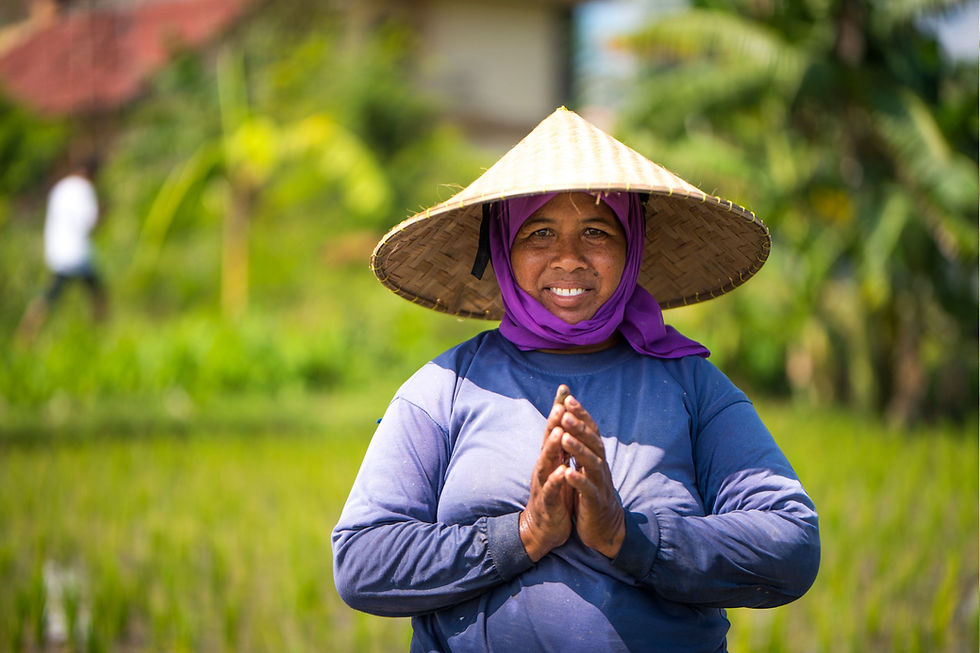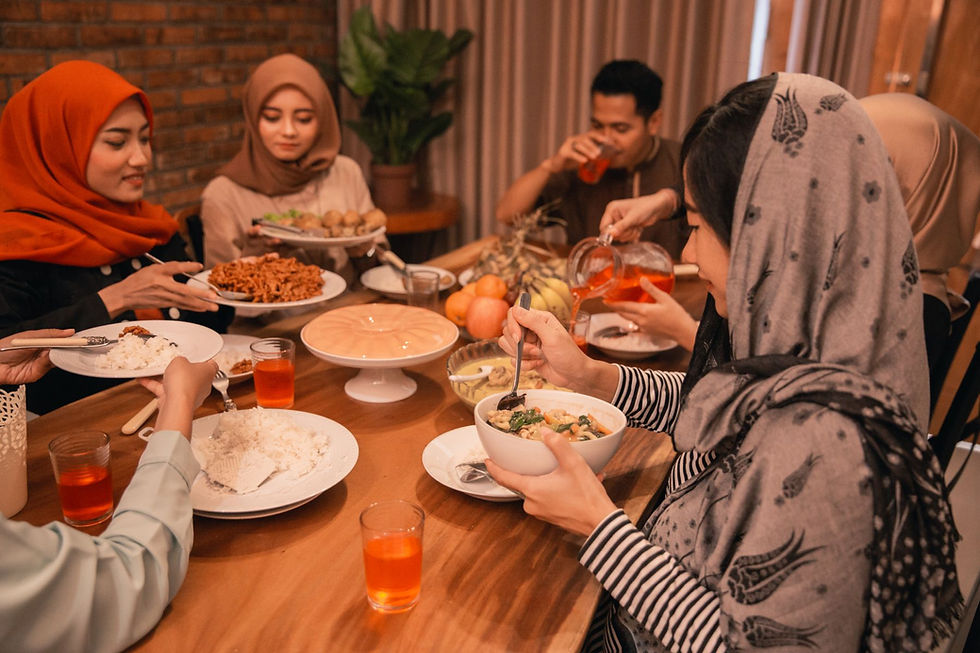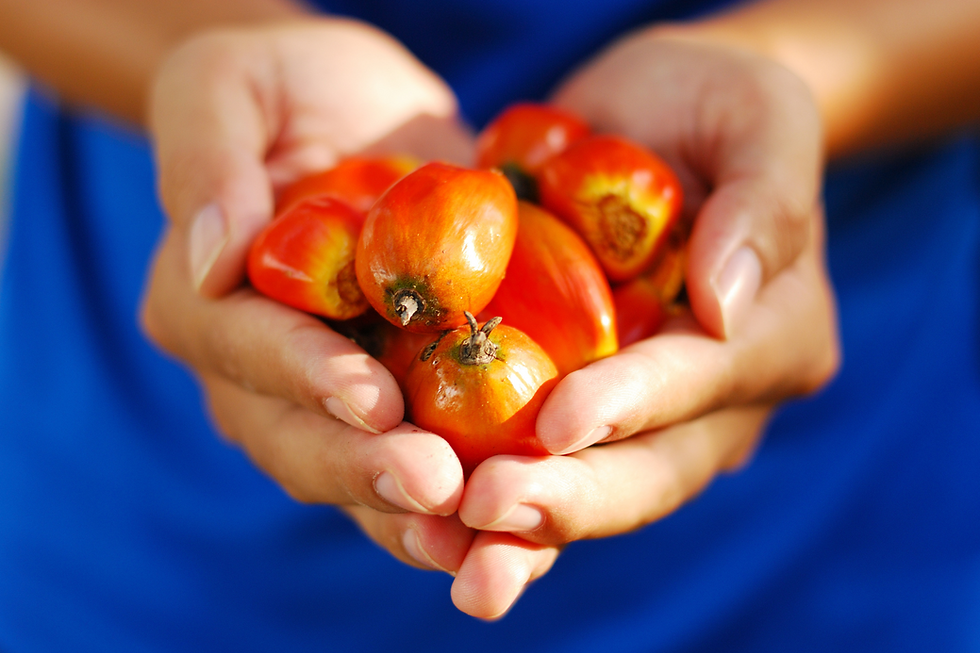Connecting People Across Our Planet
Where did my food come from?

Besitang, North Sumatra, Indonesia
N 4° 6.2449' E 98° 5.8204'
INGREDIENT LOCATED | PALM OIL
100% DEFORESTATION-FREE
CONNECTED BY
Meet Nurhayati
Smallholder Farm Owner | Wenda Amp Plantation

She and her husband own a small plantation that grew the palm oil in your tasty hazelnut spread.


The fresh fruit bunches of palm kernels are brought to their local mill, crushed, and later refined into the palm oil that gives your hazelnut spread its smooth, creamy texture.

She and her husband own a small plantation that grew the palm oil in your tasty hazelnut spread.
Nurhayati Wenda and her family have owned their family farm, Wenda Amp plantation, for 11 years. She and her family take advantage of Sunlight Farms' small holder program. She has 3 children. Her eldest daughter is studying economics at the National University of Singapore and received a scholarship from Sunlight Farms’ student scholarship fund. Her youngest daughter and her 2 grandchildren live in town to be close to family.
Nurhayati’s parents and grandparents were subsistence agricultural farmers, and prior to the development of Wenda Amp plantation, her village did not have electricity or an elementary school when she was growing up. She's happy to see her grandchildren thrive with new opportunities. Nurhayati hopes to one day visit Europe with her family.
Sustainable Palm Oil | The Way Forward
World Wildlife Fund
WWF believes that palm oil production does not have to be destructive and can be produced responsibly as a part of sustainable development. WWF’s vision is to ensure that palm oil production, trade and consumption is responsible; protects, restores and connects landscapes; and benefits both people and nature.
Responsible palm oil should be produced without causing deforestation, the conversion of natural ecosystems, environmental degradation, or the harming of wildlife. It should also be produced in a manner which treats workers fairly, respects the rights of local communities and indigenous people, and incentivises and empowers producers including smallholder farmers with the means to adopt more responsible production practices as a part of sustainable livelihoods.
Where palm oil is produced, the wellbeing of people, wildlife, and habitats should be protected and enhanced at a landscape level, and negative impacts should be mitigated and not displaced elsewhere.
WWF’s goals for palm oil are to:
-
Protect: Palm oil driven deforestation and natural habitat conversion are halted across all production landscapes.
-
Produce: Sustainable palm oil production is incentivised and no longer contributes to climate change and ecosystem degradation. The industry provides sustainable livelihoods, reduces poverty, and respects human rights.
-
Restore: Landscapes are restored and enhance biodiversity conservation through the restoration of degraded ecosystems – including forests, peatlands, and existing plantations – and the reconnection of fragmented habitats and populations by establishing wildlife corridors.
Sustainable Palm Oil | The Way Forward
World Wildlife Fund
Culture Connect | Play Engklek
Learn how to play Traditional Indonesian Engklek
United Nations Sustainable Development Goals (SDGs)
People & Planet | Explore the impact of your hazelnut spread purchase


